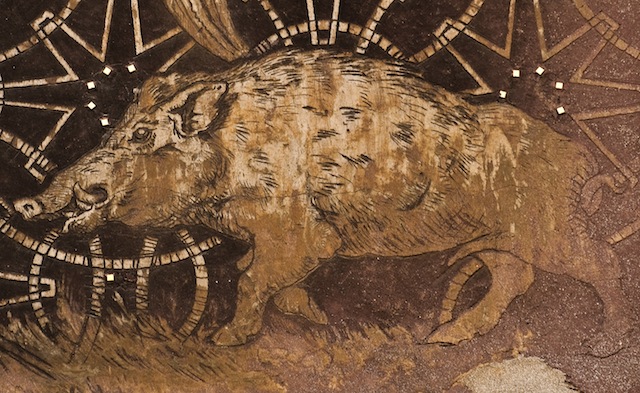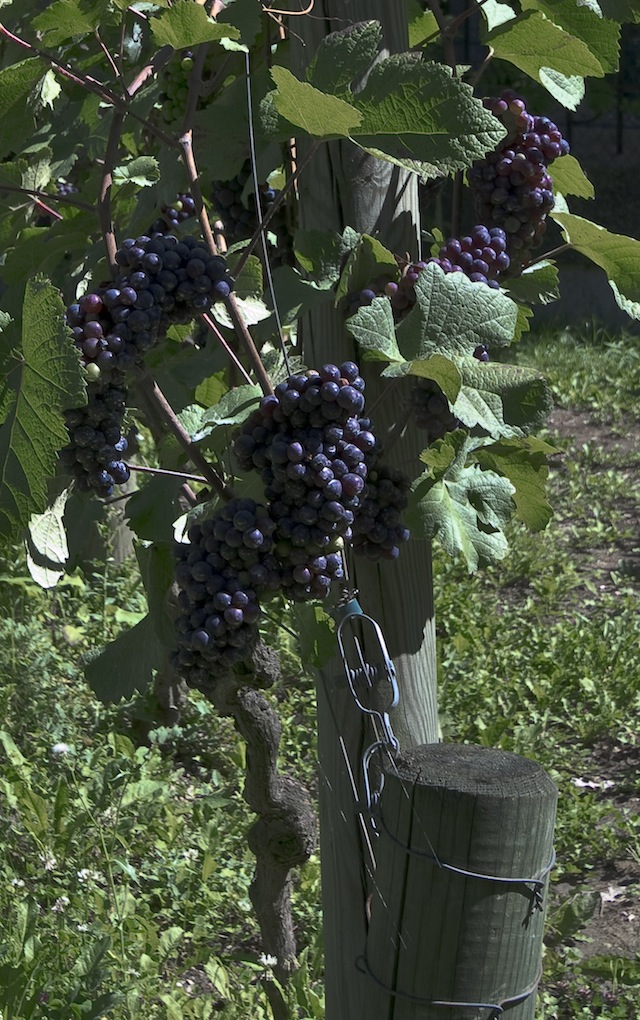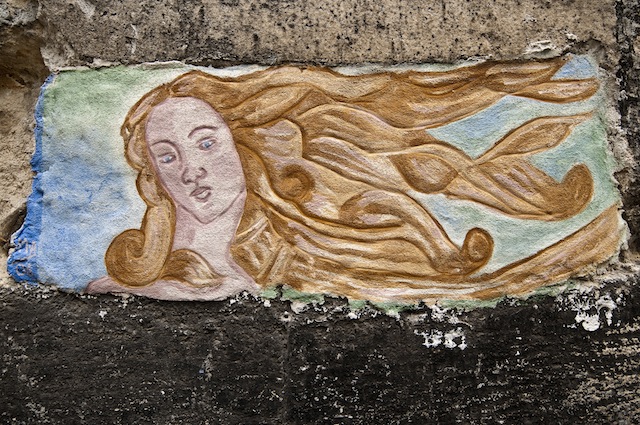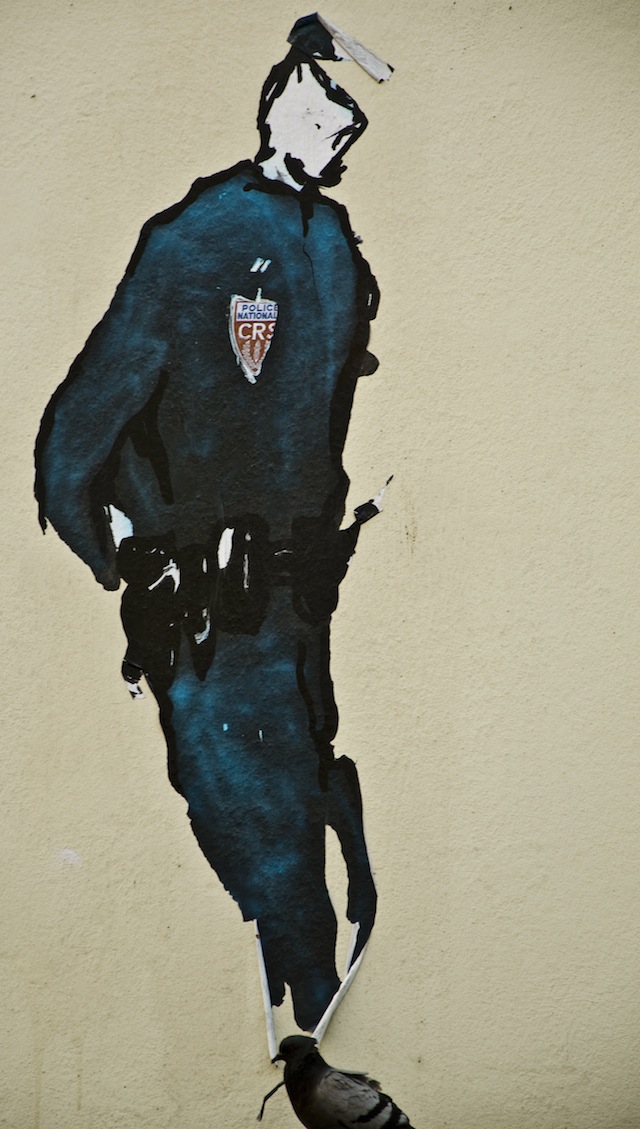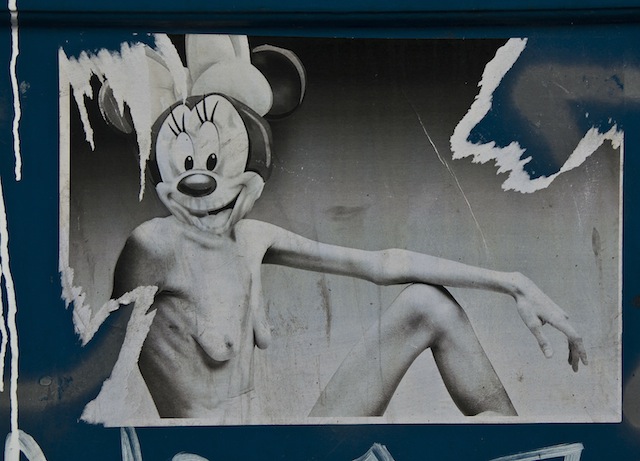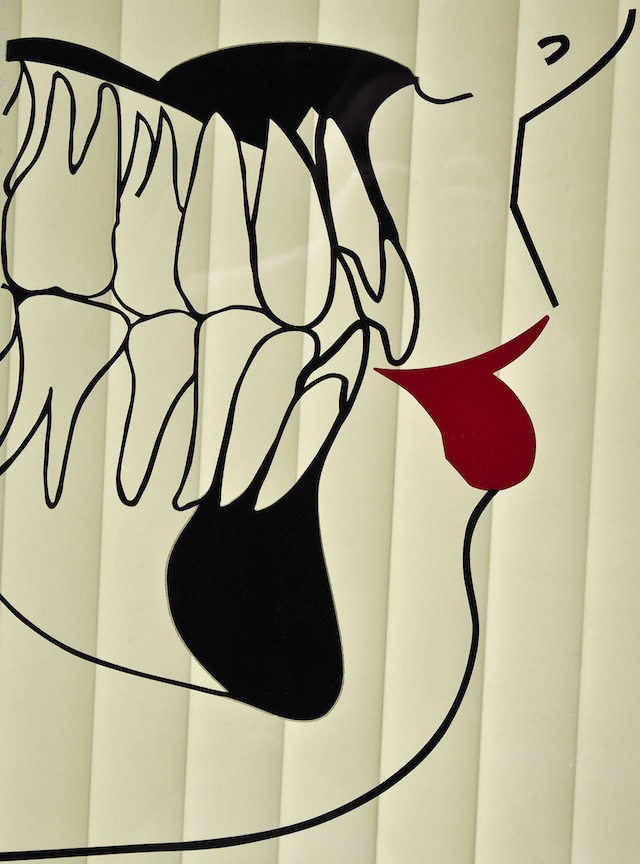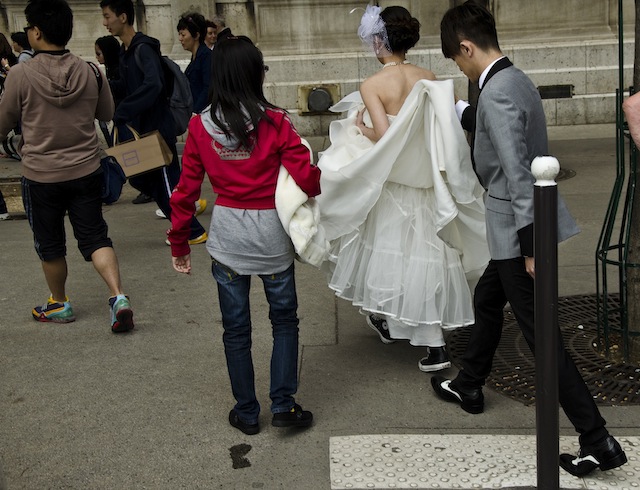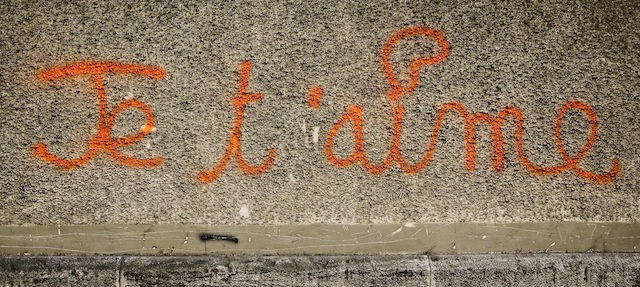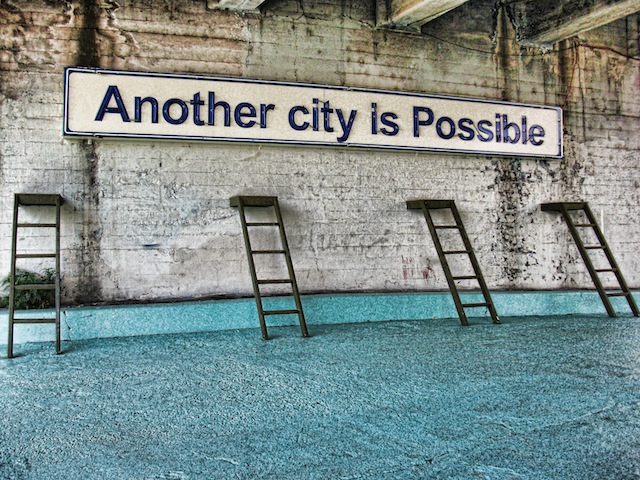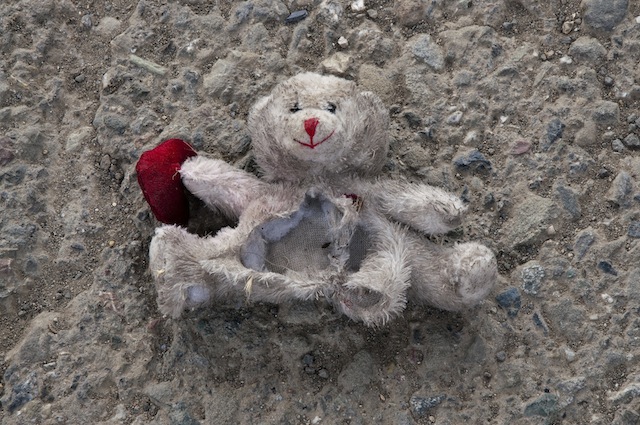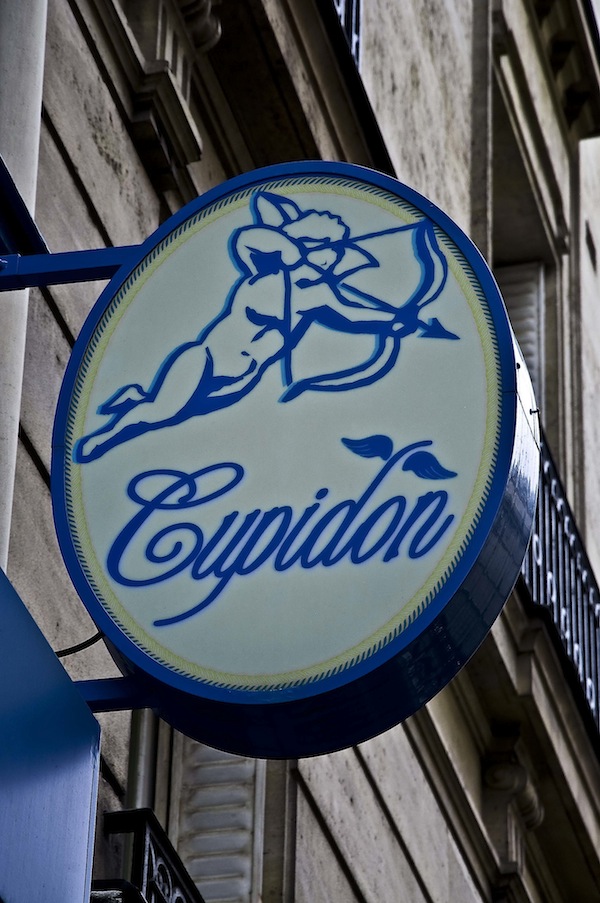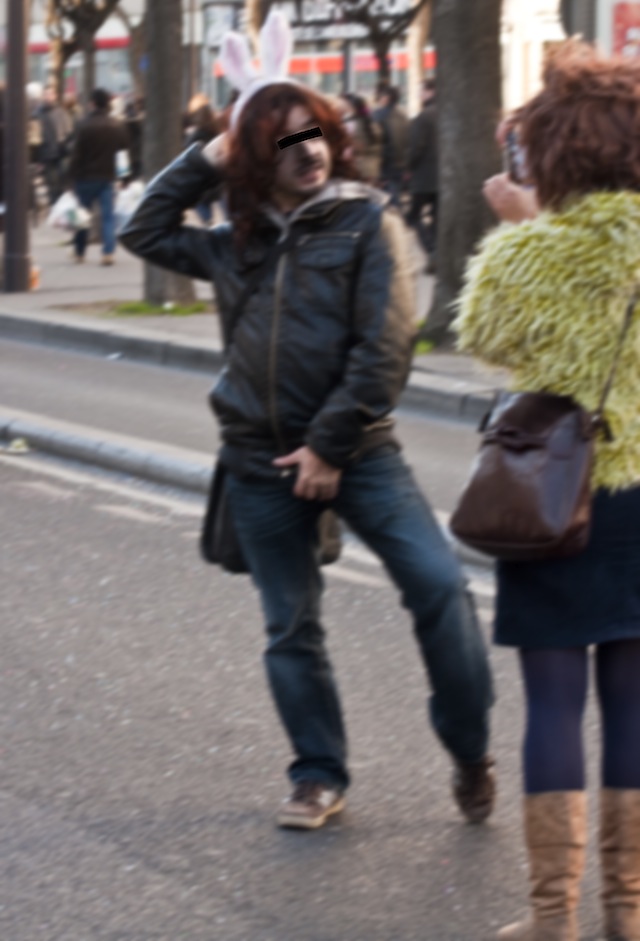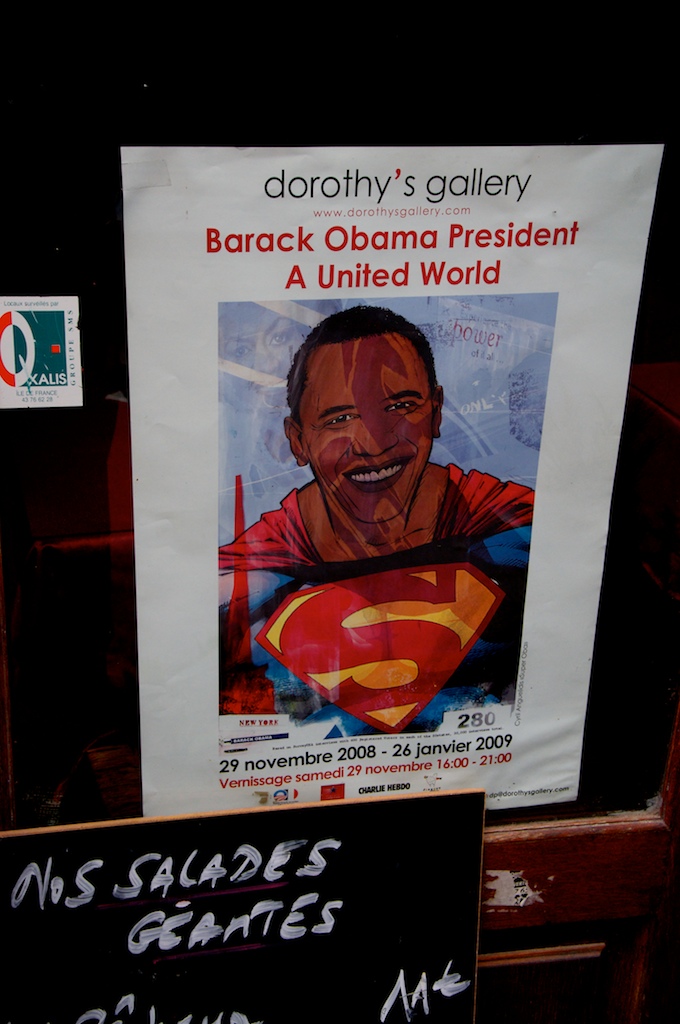Story #1:
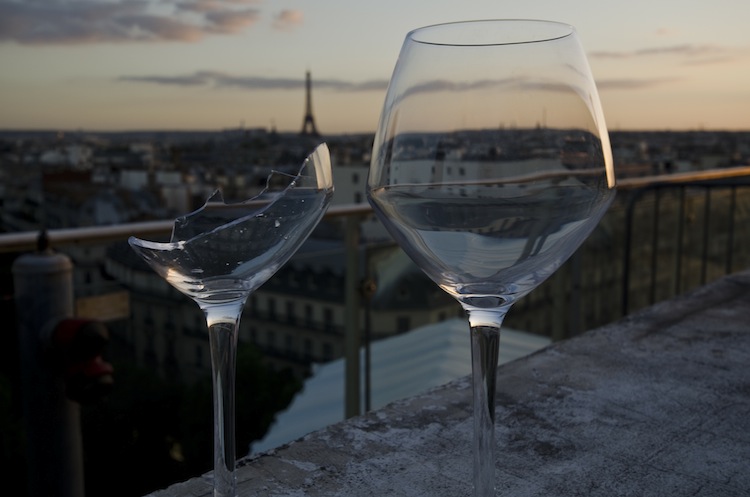
Since we’ve been in Paris, we’ve met more than a few American women who’ve lived here longer than we. In response to our question, “What brought you to Paris?” we’ve heard more than a few answer, “I fell in love with a Frenchman. But we’re no longer together.”
Story #2:
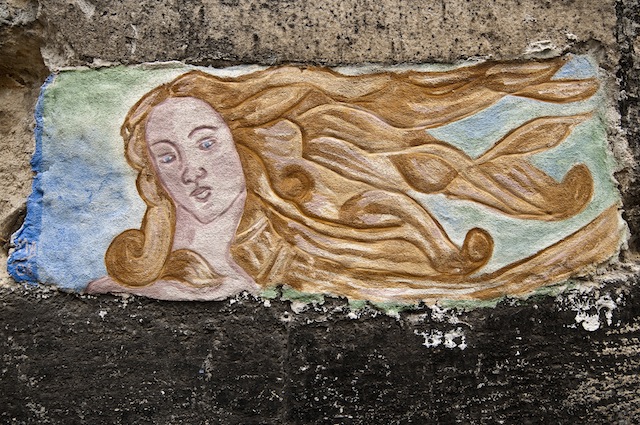
We’ve also heard a few people say that they don’t believe in the inner world, the spiritual, the Invisibles, the gods, the stars, magic or myth.
Each of these is a story.
A story that someone has lived.
A story that someone tells him- or herself.
Story #3:
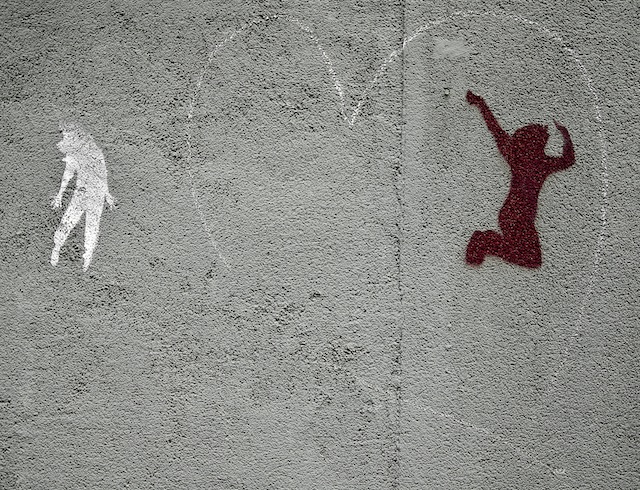
Both these stories make me think of a third story, a story I lived, which is related to both these prior stories.
In 1994, I was living by myself in an apartment in Venice, California, with a view of the sea from Malibu to Marina del Rey. I had moved there during the Los Angeles riots of 1993. As I moved in around Halloween, I watched the terrible Malibu fires from my windows, an orange snake slithering along the black mountains.
In early 1994, the Northridge earthquake struck my building so forcefully that I leapt out of bed and under my pine dining room table before I was fully awake. I thought the building would collapse and that my life would end there.
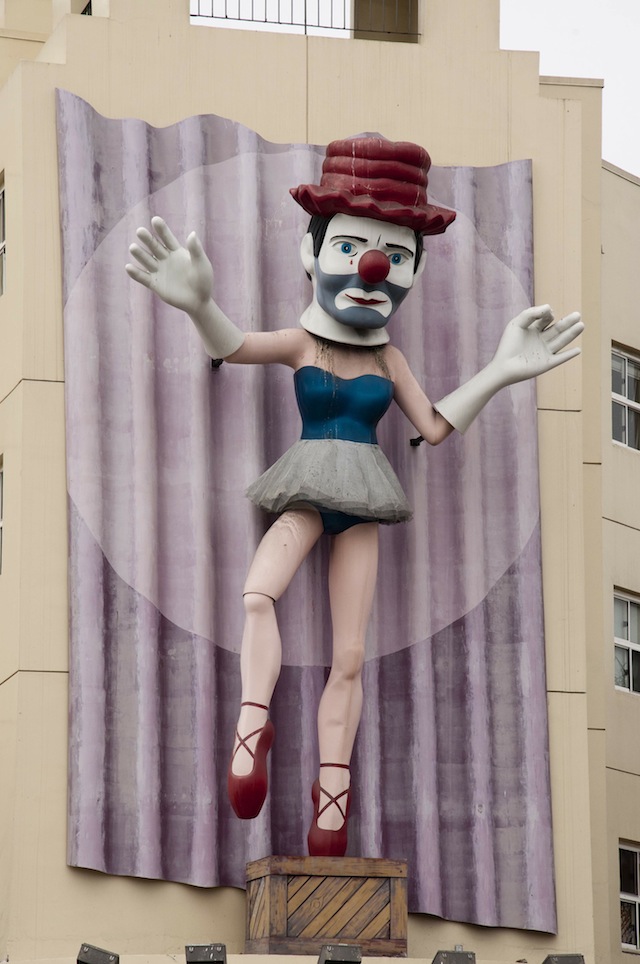
And a love relationship ended there as well. I looked back on the two of us and wondered, What was I thinking? He wanted to live in the country; I in town. He wanted more children; I wanted none. He liked constant movement and social life; I liked a balance between going out and staying in. He rarely read; books are as real to me as people and just as important. He was a hearty drinker and smoker; I cared about health. He had no interest in his own inner life; I’d gone as far as I could in exploring my own.
We weren’t suited. Yet we’d stayed together for several years.
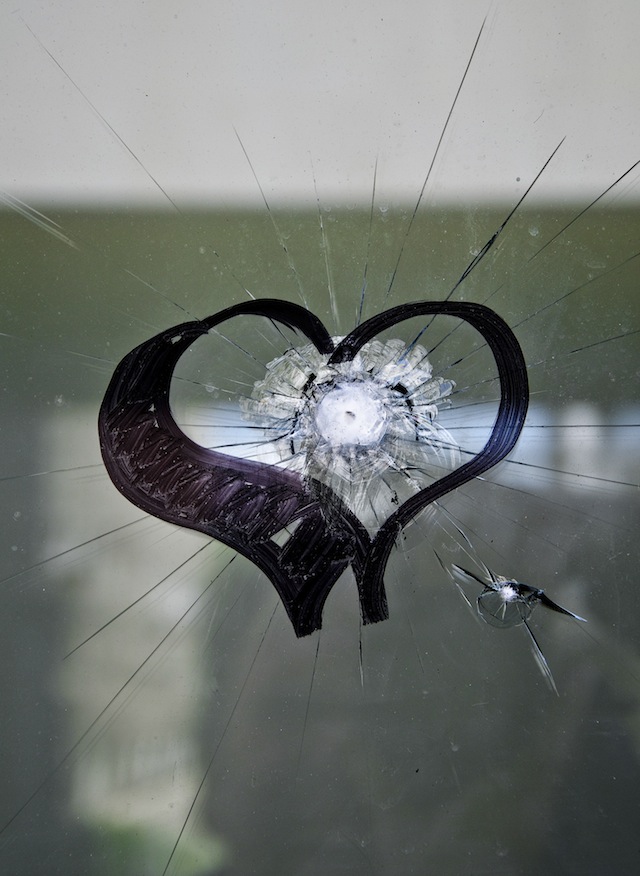
Didn’t I know who I was by now? Didn’t I know what I needed in a partner? I felt such weariness, despair, in imagining ever going through this entanglement and breakup again with another man, when anyone looking on from above could have told us: Impossible! Out of the question!
I needed some invisible being who knew all about such things, an expert in love, someone like… Aphrodite! Yes, I needed to have a serious talk with the goddess of beauty and love.

That night I wrote in my journal 100 things I wanted in a mate.
I awakened the next morning with the thought, “Too greedy. Narrow it down to ten.”
It was surprisingly easy. I wrote the following ten things I wanted in a mate in one steady flow:
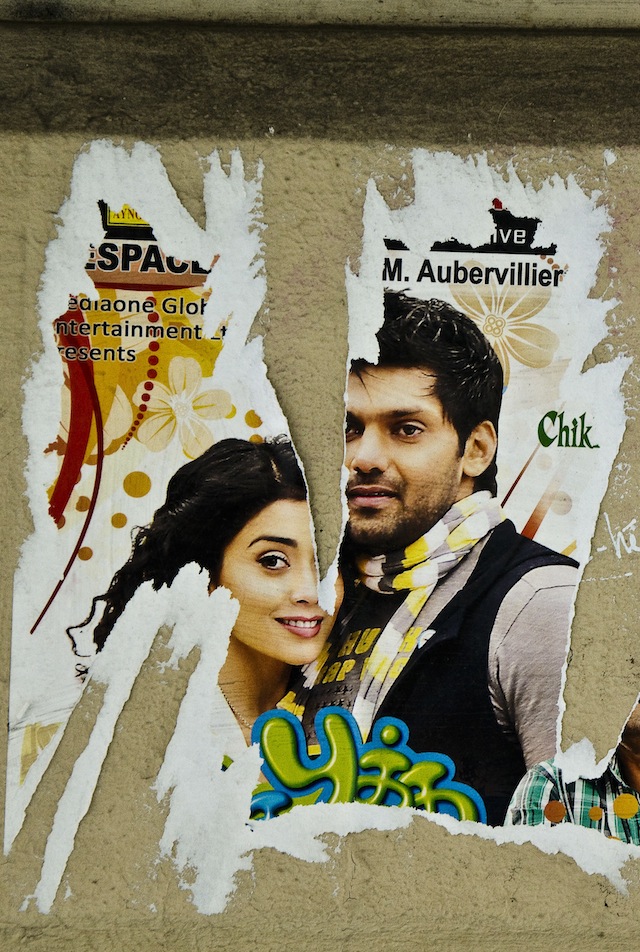
* Mutual chemistry.
* Mutual adoration.
* Fidelity.
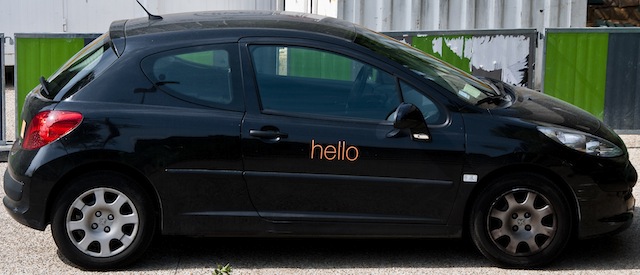
* Communication.
* Has done some serious inner work in healing childhood wounds.
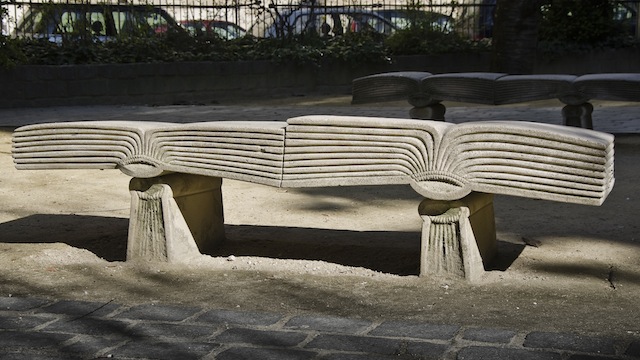
* A reader.
* Preferably a creative type who is capable of being as much of a muse to me as I to him.
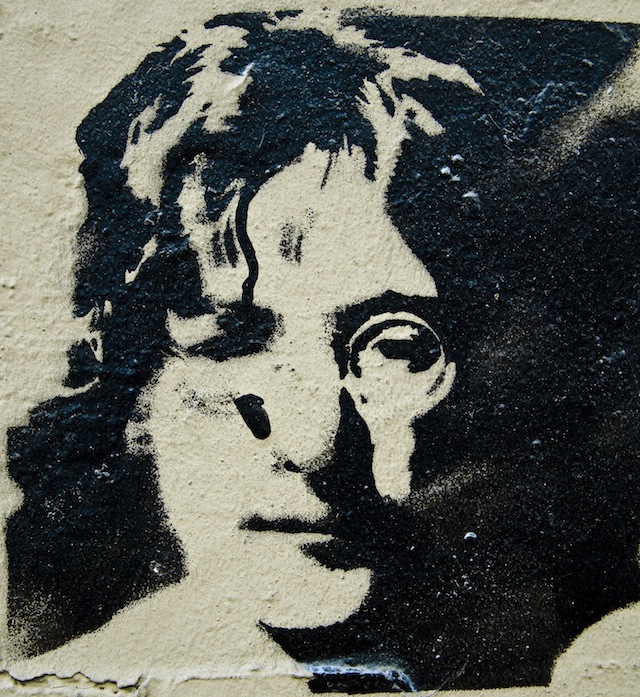
* Counter-cultural roots.
* Does not want children, or at least any more than he already has.
* Wants to travel the world.

I said to Aphrodite: “Please bring me a man with all ten of these attributes, or else, if it’s not meant to be, I’ll have the richest life a single woman can have.”
“In the meantime, I’ll work on overcoming my stage fright, and find a place to read my poems in public in Los Angeles.”
I then forgot about the prayer, and began focusing on poetry.
Three Fridays later, I went with an acquaintance to a reading in a Santa Monica bookstore called Midnight Special. (Like so many independent bookstores, it no longer exists.)
I saw a man in a white shirt and Levi’s in the far right of the front row. He looked familiar, but I wasn’t sure from where.
He, who was hosting, stood up halfway through the lineup and read three poems. One about horses, one about a former love, one about taking his dying father to Paris.
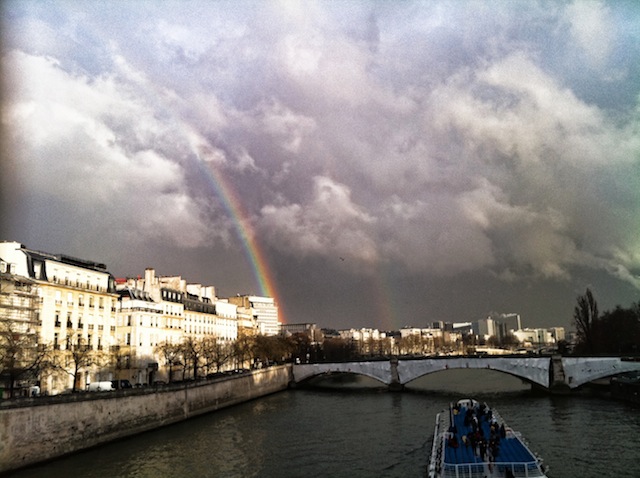
I fell back in my chair, barely stopping myself from falling over completely.
“What just happened?!” said my companion.
“I don’t know,” I said. But I did. An arrow had hit me right through the heart.
This is not a metaphor. I felt an arrow pierce my heart with such force it knocked me backwards.
After he read, this poet mentioned that every Saturday afternoon, there was a poetry workshop at Midnight Special that three poets took turns leading. It was free, he said, and all were welcome; he’d worked on his own poems there.
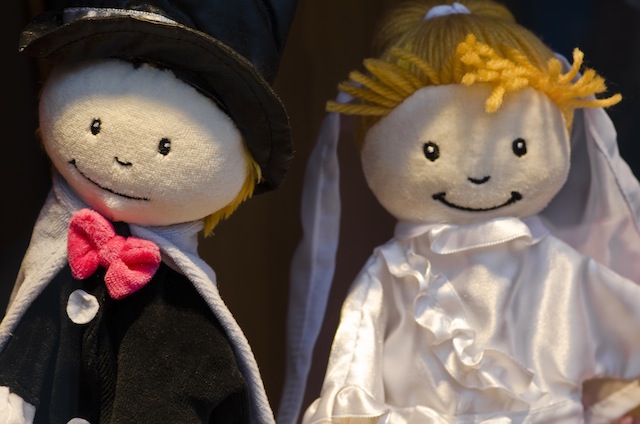
That night I wrote in my journal that I would marry this man.
The next day I awakened early and canceled several appointments. I opened my journal to a poem I’d written about driving through Navajo country in northern Arizona on one of my journeys to pick up paintings as an art dealer between New Mexico, Arizona and California.
I shaped and edited this poem for hours, then drove to the Promenade for the poetry workshop. It was led that week by the very poet whose work had knocked me out the night before.
I had had a better track record as a muse for male artists than I had received from them. So I was nervous when it came time to read my poem.
Richard—for that was his name—began talking about my poem as if he were an x-ray technician of poetry. He said that in the poem’s central metaphor, the unraveling of love being like the unraveling of your own DNA, I'd woven a braid between the three strands of the natural, human and spirit worlds. He then said something so humble that I found it hard to believe: “You’ve done something here that I don’t know how to do, that I’d like to learn how to do.”
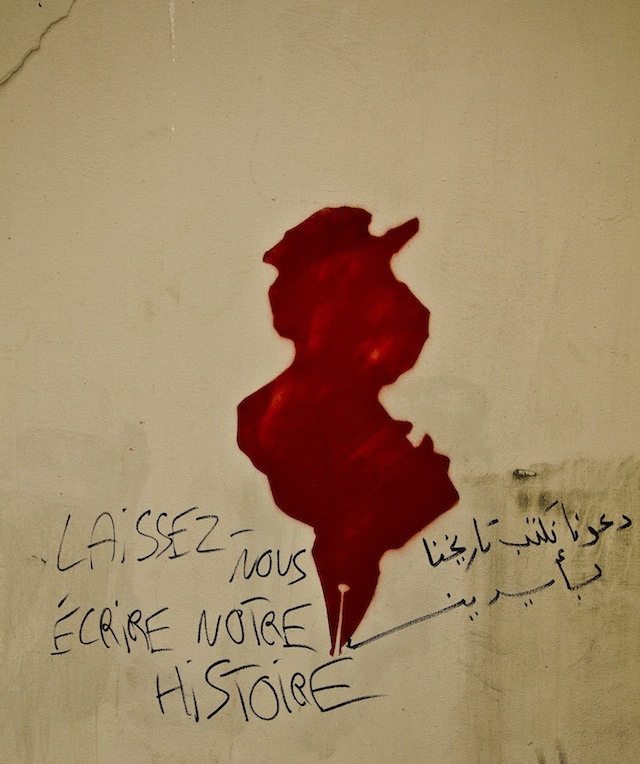
Darling one, I said, silently, we have many things to learn from each other, and I for one, will be your glad and willing student and teacher.
There were other poems discussed that day, but I don’t remember them.
After the workshop, our ritual was to all walk down the Third Street Promenade to the Congo Square coffee house. When a group of poets get together, the stories fly.
He and I were startled to learn how many of the same places we’d lived, the same events we’d attended— demonstrations, rock concerts, art events—in the late ‘60s and early '70s in the Bay Area, and later, film and writing conferences in the '80s and '90s in L.A. How was it possible that in more than twenty years we’d never met? Yet this explained why he’d first looked so familiar to me.
Just as it took three weeks from the time I’d sent my wish to Aphrodite to meeting Richard, so it took another three weeks for the romance to burst into bloom.
One Friday night at a Midnight Special poetry reading, I showed him two poems and asked him which I should bring for editing to the Saturday workshop.
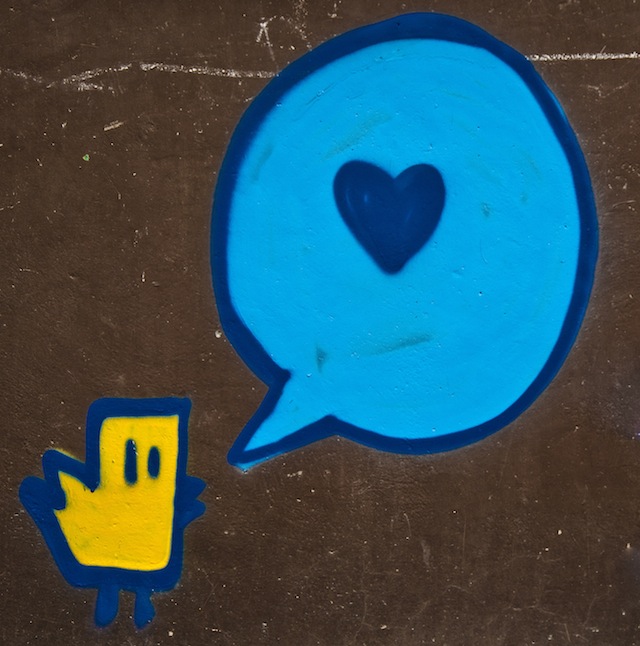
“Either,” he said, “Yours are always wonderful. Let’s go get some dinner.” He took my arm and we strolled two blocks to the Broadway Deli, and that was it for him.
Love came aurally for me. For him it came through touch.
In another three weeks we were talking marriage.
What does this story have to do with stories #1 and #2?
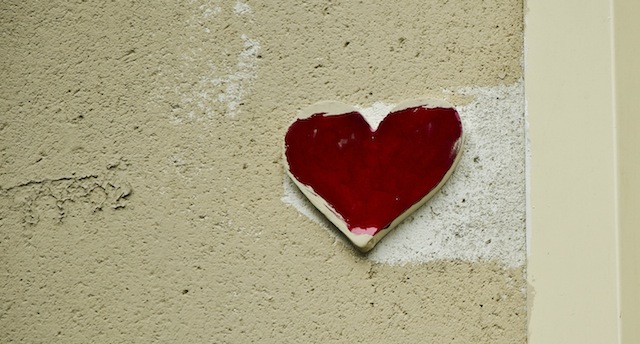
Story #3 happened because I do not believe story #2, that the Invisibles do not exist, and because I asked an Invisible, the goddess, Aphrodite, for a story that was not story #1, a story of infidelity and heartbreak.
Richard, it turned out, lived four blocks away from me, on Paloma Avenue in Venice.
Aphrodite is associated with the sea, scallop shells, dolphins, bees, honey, apples, pomegranates, myrtle, rose trees, lime trees, clams, pearls, sparrows and swans. And doves.
And you probably know that paloma means dove.
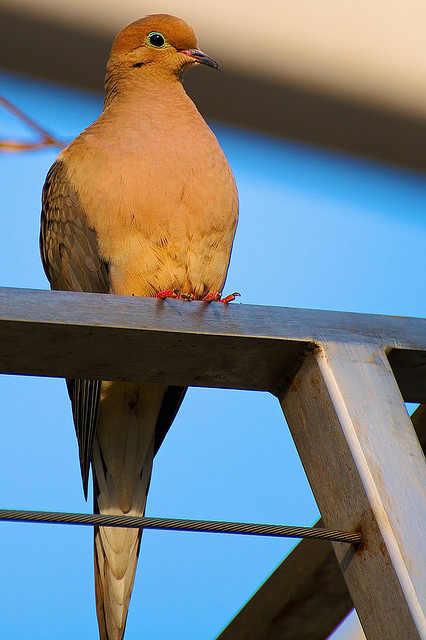
 10.1.2011
10.1.2011 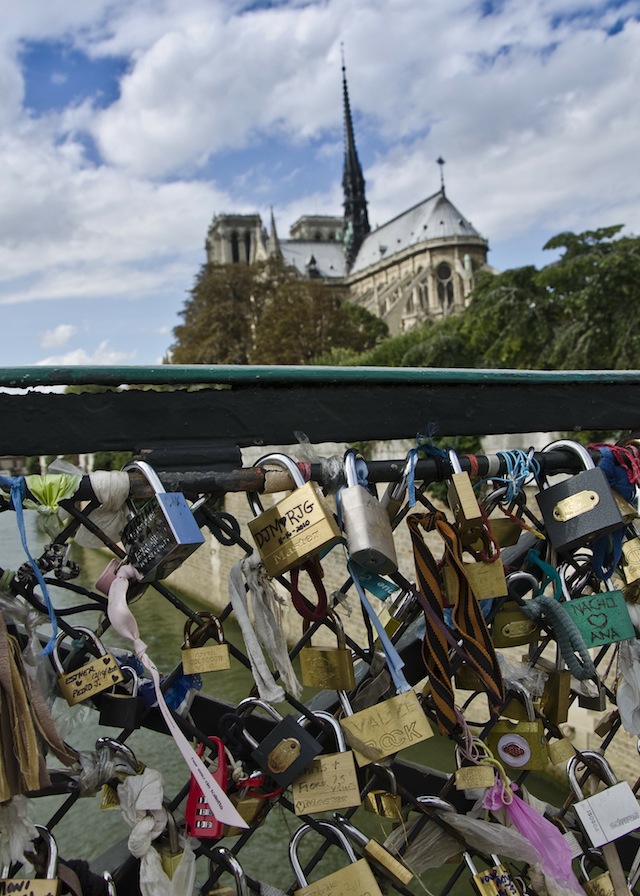
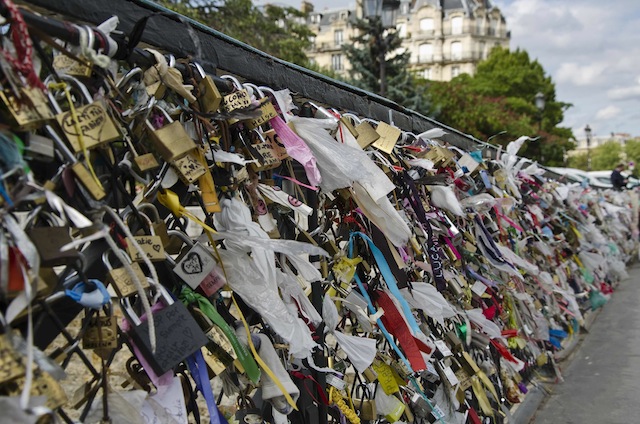
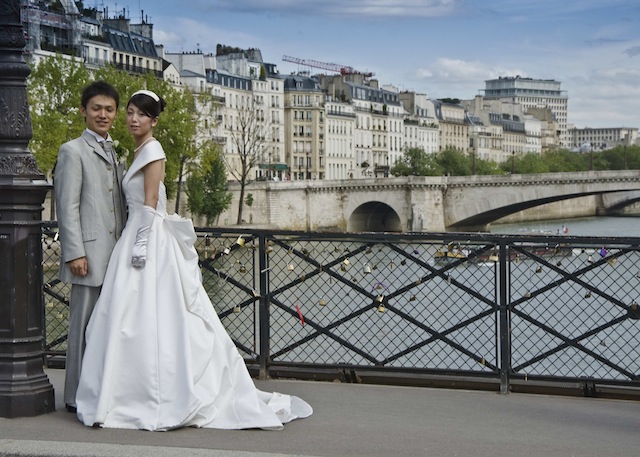
 Aphrodite,
Aphrodite,  Notre-Dame,
Notre-Dame,  bridges,
bridges,  locks,
locks,  love,
love,  rituals,
rituals,  urban legends in
urban legends in  Paris Life
Paris Life 

